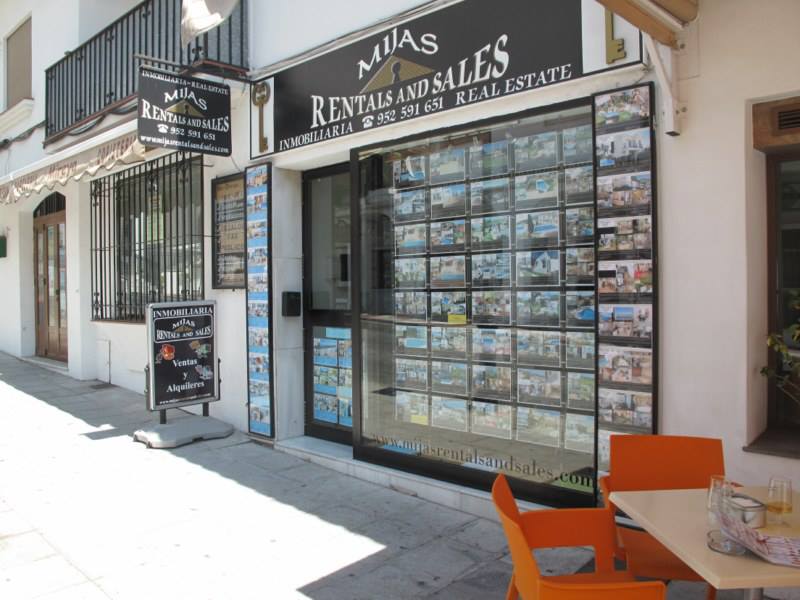THE SPANISH government has been negotiating a proposed housing law for months, if not years, and the deal that has been hammered out between parties was finally announced on Friday.
The governing Socialist Party and its junior coalition partner Unidas Podemos have been seeking a way to control rising rents even before they formed a government in early 2020.
The legislation is now likely to be fast-tracked and could even come into force before the local and regional elections are held across Spain on May 28.
The government lacks a working majority in the lower house of parliament, the Congress of Deputies, and must seek the support of smaller parties to pass new laws.
It was two of these parties who announced the deal on Friday: the Catalan Republican Left and EH Bildu, both nationalist parties in their respective regions of Catalunya and the Basque Country.
Here are the main points included in the proposed legislation, and the political reaction to them.
Limit on rent rises. One of the main points of contention between the negotiating parties was the limit on rent rises that landlords can impose on their tenants. Previously, these increases were linked to inflation. But currently, the limit is 2% a year, an exceptional measure put in place by the government due to the cost-of-living crisis prompted by rising prices.
The new law states that in 2024 landlords will only be able to raise rents by a maximum of 3%, and that the following year a new, yet-to-be-defined system will be put in place, one that will ensure rent rises are lower than the inflation rate.
This new rate will also be applicable to contracts signed prior to the new law and that specified rent rises linked to inflation.
‘High rent zones’. The legislation will include new definitions for zonas tensionadas, or ‘high rent zones’, and in these areas rents will be regulated and capped. They will be defined as areas as small as districts where the average cost of rents or mortgages is 30% of the average household income, and where property prices or rents have risen three points higher than inflation over the past five years.
A council or a region can declare an area a high rent zone, which will then be revised three years later.
If these administrations are in the hands of opposition parties such as the PP or Vox, however, they may opt not to do this given their rejection of the government’s plan. In fact, much of the ground covered by the new law is the responsibility of the regions, meaning the government cannot enforce the measures. It will, however, provide a legal framework for more progressive administrations – such as the Balearic Islands and Catalunya – who want to ease the burden of tenants and homeowners.
What makes a large landlord? The legislation will make a change to the number of properties owned for someone to be considered a large landlord, down from 10 to five. When these landlords have tenants in high-rent zones, they will be subject to a new index of rents they can charge. Small landlords, meanwhile, will benefit from tax breaks to ensure that it is in their interest to put an empty property on the rental market and thus encourage them to do so.
Estate agent costs. The new law establishes that new tenants will no longer have to pay an estate agent or property agency a fee when they sign a new rental contract. Currently, such businesses can charge both the new tenant and the landlord a fee on completion of the deal. If the new law passes, just the landlord will have to pay.
Advance warning for evictions. Another element of the proposed law is that the planned date for evictions must be communicated to the tenants in advance, rather than being sprung on them at an unexpected time. Critics of the law have pointed out, however, that such prior notice will make it easier for protests to be organised and measures to be taken to prevent evictions from taking place.
What do the politicians say about the plan? Socialist Party leader and Prime Minister Pedro Sanchez said that the proposal was a ‘good law’ that would protect Spaniards’ ‘right to housing’. The plan was slammed, however, by the leader of the main opposition Popular Party, Alberto Nuñez Feijoo. He argued that ‘intervening in the market can cause a fall in supply of rental properties and a rise in prices as a consequence of there being fewer apartments, because owners are not willing to make them available to citizens’.
Read more:











